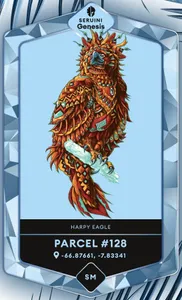Users based in Venezuela suddenly found themselves unable to use the enormously popular crypto wallet, MetaMask, on March 3. MetaMask relies on Infura, a popular API platform for Ethereum, which had apparently blocked access for Venezuelan users. Both MetaMask and Infura are owned by the parent company ConsenSys. An FAQ page on MetaMask's website states that "MetaMask and Infura are unavailable in certain jurisdictions due to compliance with laws", though it does not specify which jurisdictions, or which laws.Some Venezuelan users were furious with MetaMask, feeling that their choice to prevent them from using the platform was incompatible with the decentralized and deregulated nature of much of crypto. One Twitter user wrote, "MetaMask Do not tell me that you became Centralized, I have this problem and many people in Venezuela have the same".
ConsenSys later appeared to say that the block of Venezuelan users was in error, writing that "In changing some configurations as a result of the new sanctions directives from the United States and other jurisdictions mistakenly configured the settings more broadly than they needed to be".








